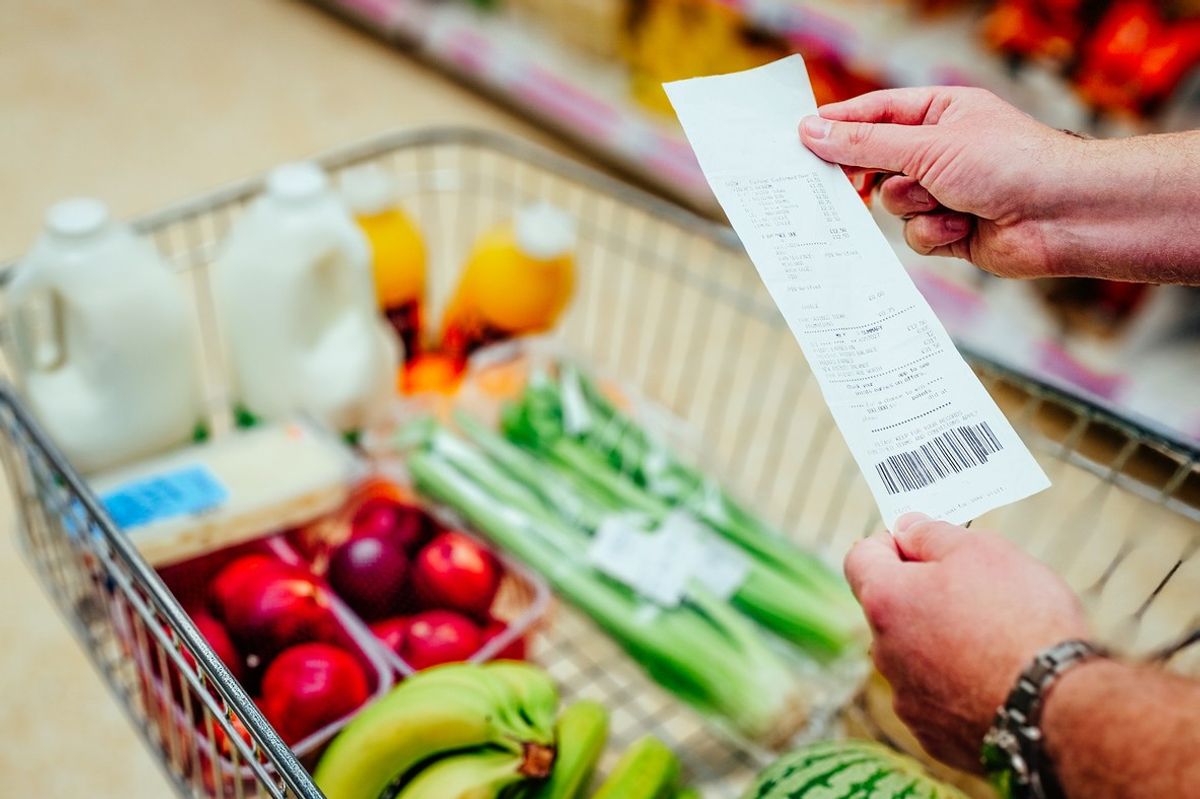Summary
- Growing concerns about the cost of living
- Biggest concern Is “prices rising faster than wages”
- Calls raised for removing all shops from the surtax
The government risks losing the battle against inflation, a leading retail leader said today (Sept 23), citing a new survey that shows growing concerns about the cost of living particularly around rising food prices in the year ahead.
According to a survey by the British Retail Consortium (BRC), conducted by Opinium, people’s biggest concern was “prices rising faster than wages”, with 57 per cent of respondents agreeing (61 per cent among working people).
This was higher than concerns around tax rises (49 per cent) and rising unemployment (26 per cent).
The latest figures by the ONS show that inflation is now 3.8 per cent, almost double the Bank of England’s target of 2 per cent. This was even higher for food inflation, which rose to 5.1 per cent, the highest level since the cost of living crisis in 2022/23.
Retail price inflation has been rising steadily over the last year, accelerated by the impact of the previous Budget, which significantly increased employment costs, as well as introducing a new packaging tax on retail businesses.
Last week, the Bank of England held off from an interest rate cut on fears that rising food prices were putting upwards pressure on headline inflation.
The last Budget added £7 billion to retailers costs as a result of rises to employer NICs, higher NLW and a new packaging tax, so it was no surprise that the latest MPC minutes blamed rising food prices on “labour costs and costs associated with new packaging regulation” as well as higher commodity prices.
The BRC is warning that food inflation will rise and remain above 5% well into 2026 if the retail industry is hit by further tax rises at the Autumn Budget.
The Government has pledged to bring down business rates for retail, hospitality and leisure premises, but around 4,000 large shops could actually see their rates rise, if they are included in the Government’s new business rates surtax for properties with a rateable value over £500,000.
Helen Dickinson, Chief Executive at the British Retail Consortium, said, "The government risks losing the battle against inflation and working families are understandably worried.
"With many people barely recovering from the last cost of living crisis, the Chancellor will want to protect households and enable retailers to continue doing everything they can to hold back prices.
"The Treasury is currently finalising its plans to support the high street, including a much-needed reduction in business rates for retail, hospitality and leisure premises.
"However, the biggest risk to food prices would be to include large shops – including supermarkets – in the new surtax on large properties.
"This would effectively be robbing Peter to pay Paul, increasing costs on these businesses even further and forcing them to raise the prices paid by customers.
"Removing all shops from the surtax can be done without any cost to the taxpayer, and would demonstrate the Chancellor’s commitment to bring down inflation."


